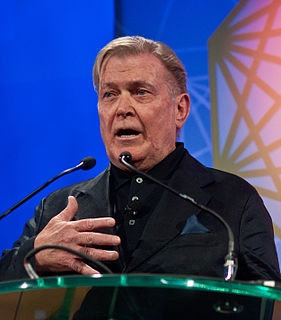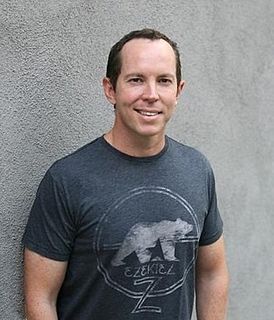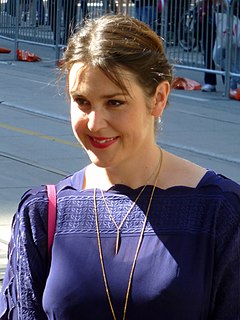A Quote by Nancy Gibbs
The one problem with the Internet for journalists who like doing long form is that any story that's going to involve 16 screens on the web page... that's asking a lot of people.
Related Quotes
The mistake that people made around 2000 with the emergence of the web was that they thought that people would not read long-form on a screen. Following from that idea, they quit doing long-form on screens. It got shorter and shorter, and then came cats toying with flowers and all of those clichés, but it was wrong. People will read long-form on a device if they want to read long-form.
We understand what the difference is between what we understand and what the community understands about what we're doing because they have supported us long enough for me to stay out here, while other people who are doing other things have not. A lot of people have trouble pinning down what it is we do and how. But we don't have any trouble with that. As long as that's their problem, it's their problem.
I think our primary function is to create the strongest, deepest, most interesting news report there is in the world.And whether it's on the front page of the newspaper or leading the home page doesn't really matter. We reach a huge audience on the Web. And really, you know, the journalists, whether they are reporters or editors or Web producers or multimedia specialists, we're all creating, you know, the journalism that is the bedrock of our news report. And that's true for the newspaper, the Web, our apps, and you name it.
When I was 14, I spent a huge amount of time on the Internet, but not the Internet we know today. It was 1994, so while the World Wide Web existed, it wasn't generally accessible. Prodigy and CompuServe were popular, and AOL was on the rise, but I didn't have access to the web, and no one I knew had access to the web.
If you and I got on an airplane, you're going to L.A., Los Angeles, and I'm going to Senegal, we get there about the same time. The world is just that small. So a world that is so tightly bound by science and technology and now Internet and the web page, that world is too small for bullies. It has no room in that world for arrogance.
I feel like any actor should always be thinking about how to serve the story. The thing to be cautious of is trying to make too much of your "moment," or whatever. The story is a lot bigger than you, and you're there to help it along. The thing to think about is whether what you're doing is true to the moment and where the story's going, rather than going, "Here are my scenes. What can I try and do to make the most of them?"
[...] we must start by inspiring our children with a sense of purpose...by nurturing their imagination so that they may dream big and then work hard to reach those dreams. Too often, our children spend hours playing Playstation without ever finding out how to build Playstation. They watch television but never wonder how it's put together. They surf web page after web page on the Internet, but are never taught how to design one.

































